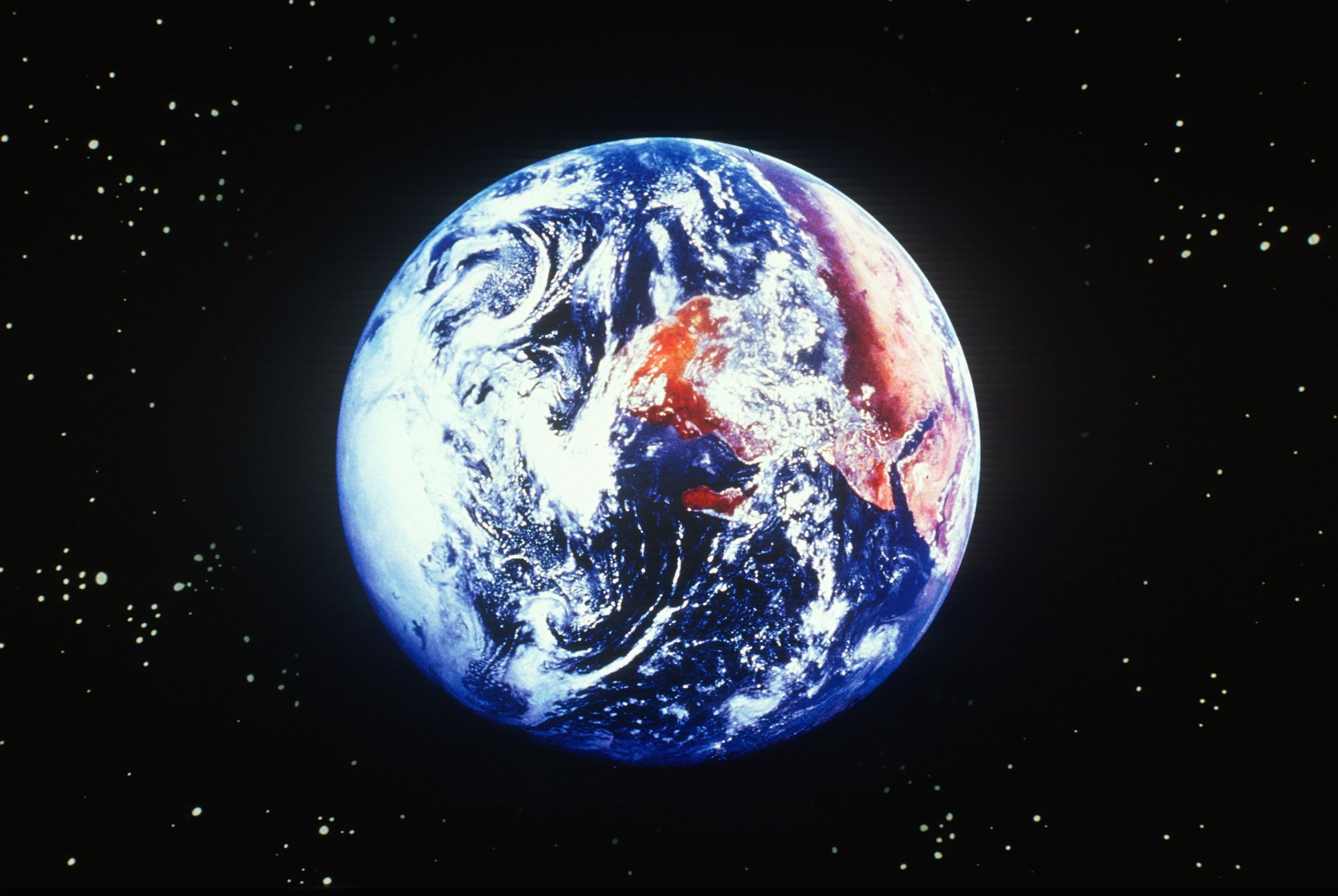
Scientists believe that life on Earth first formed about 3.8 billion years ago with simple, single-celled organisms. But how did the complex processes necessary for life begin in the first place?
Scientists from NASA and the National Science Foundation have found a possible explanation of how the citric acid cycle, or the Krebs cycle, could have formed in early Earth.
Every aerobic organism on Earth today needs the Krebs cycle, which uses a variety of molecules to release stored energy in cells. It does this by oxidizing a compound called acetyl-CoA, which comes from carbs, fats and proteins, and converting it into energy.
But in the ancient time of abiogenesis, some of the molecules needed to sustain the modern Krebs Cycle didn't even exist—they were too fragile to sustain the harsh environment of early Earth.
But new research, published in the journal Nature Communications, suggests that early organisms could have used two non-biological cycles present in early Earth to start an early form of the Krebs cycle. The malonate cycle and the 4-hydroxy-2-ketoglutarate (HKG) cycle use similar chemistry as different parts of the Krebs cycle, and could have come together to form it, according to Phys.Org.
"The chemistry could have stayed the same over time, it was just the nature of the molecules that changed," Ramanarayanan Krishnamurthy, associate professor of chemistry at The Scripps Research Institute and author of the study, said in the press release. "The molecules evolved to be more complicated over time based on what biology needed."
Abiogenesis, meaning "creation without life," is the theory of how life originally began on Earth. While generally, life begets life, Earth at one time had no life to speak of. The exact methods of abiogenesis aren't known for certain, but there are seven main theories regarding how the strange environment of early Earth could have put together the ingredients for something as complex as life.
With all the complexities of forming life from non-life, the abiogenesis event in deep time needs a lot more research. We may never know exactly what happened those billions of years ago, but this study brings us one step closer.
Uncommon Knowledge
Newsweek is committed to challenging conventional wisdom and finding connections in the search for common ground.
Newsweek is committed to challenging conventional wisdom and finding connections in the search for common ground.
About the writer
Kristin is a science journalist in New York who has lived in DC, Boston, LA, and the SF Bay Area. ... Read more
To read how Newsweek uses AI as a newsroom tool, Click here.








